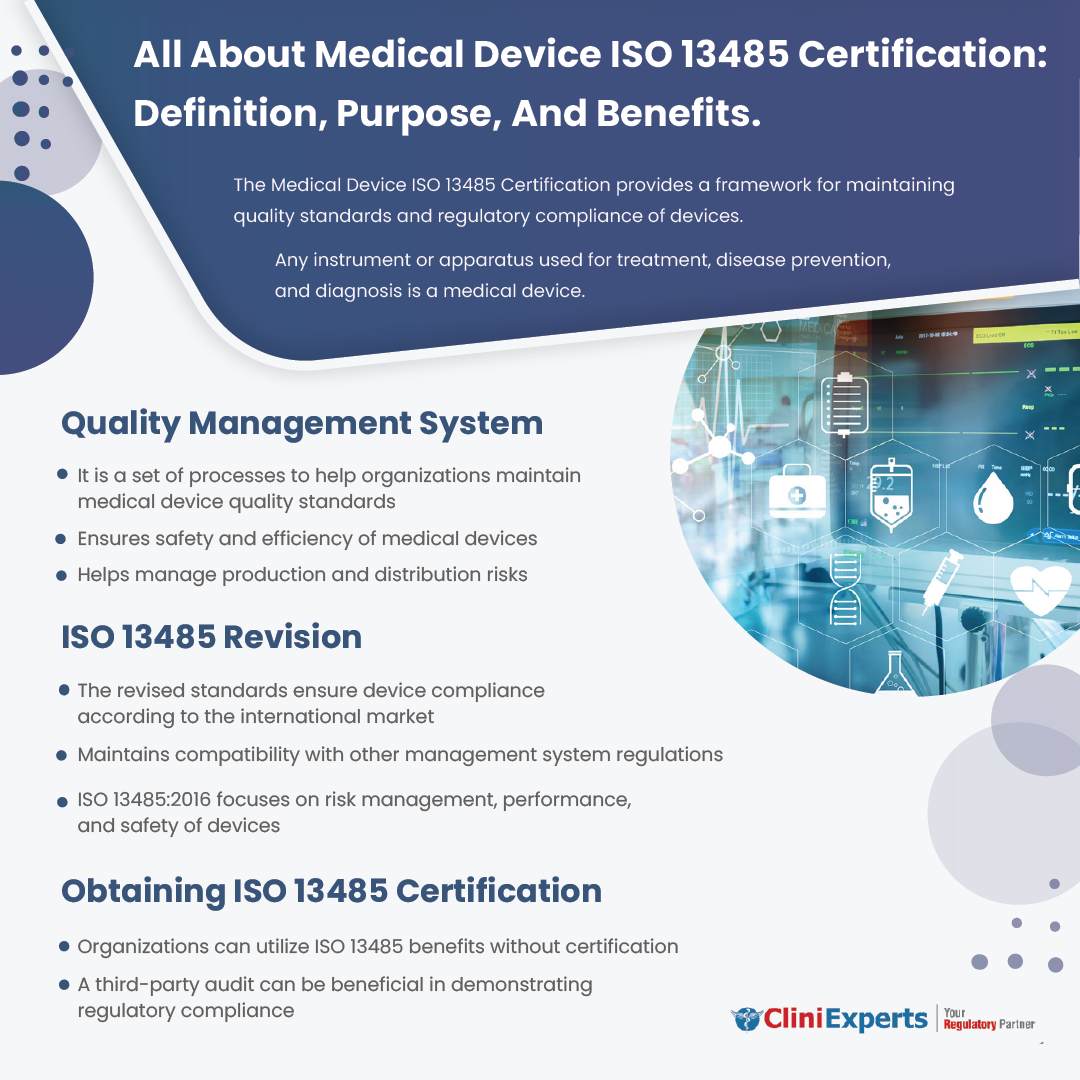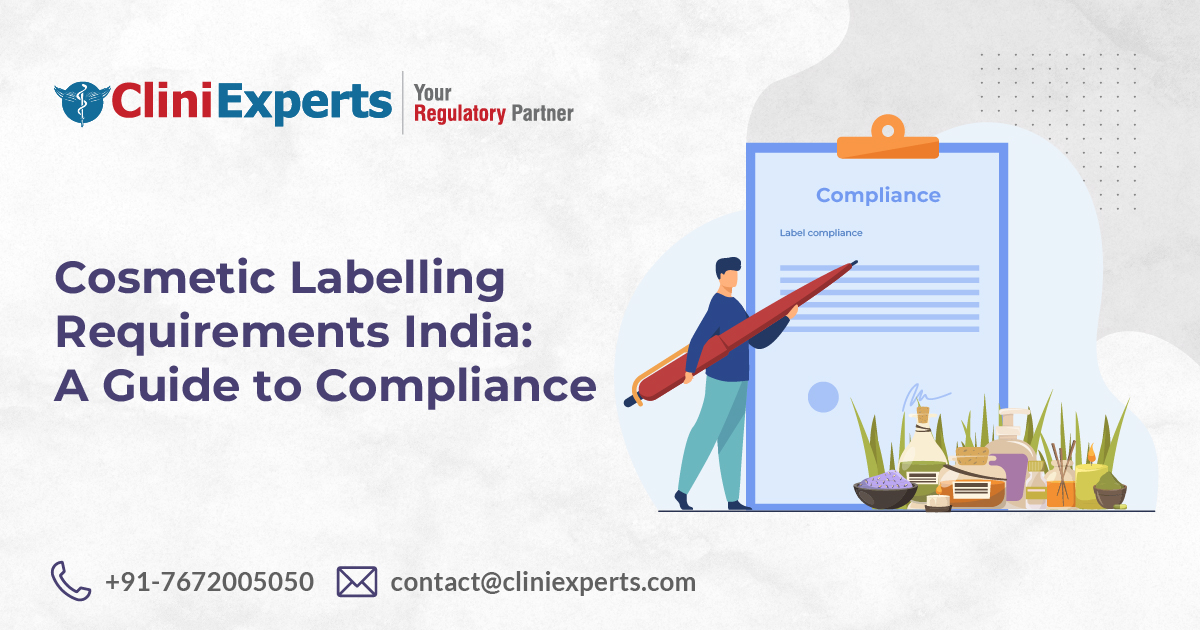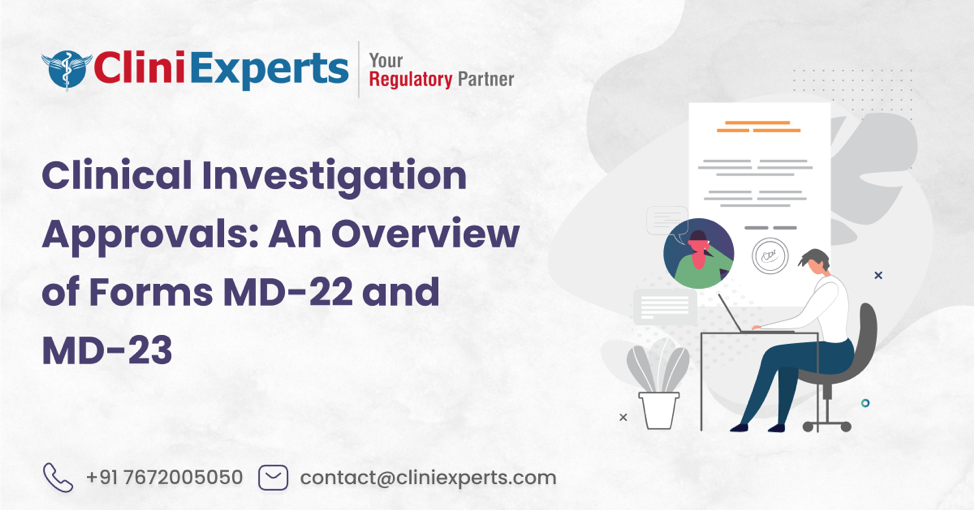ISO 13485 Medical Devices Certification: Medical Device ISO Standards

ISO 14385 Medical Devices Certification: Definition
ISO 13485 Medical Devices certification, Medical Devices-quality management system (QMS) is an internationally agreed standard. It sets out the regulatory requirements for quality management systems specific to the medical device industry. Medical Device ISO Standards is a distinguishing QMS standard that has evolved from ISO 9000. The current version of ISO 13485 QMS was published in March 2016, called ISO 13485:2016.
ISO 13485 Certificate is designed to be used by the organisation involved in designing, producing, installing and servicing medical devices throughout their life cycle from initial production to post-production, including final decommission and disposal. It also covers the features of medical devices such as their distribution, storage, assembly and maintenance and other provisions services.
ISO 13485 Certification-QMS can also be used by internal and external parties, like certification bodies, to help them with their auditing processes.
What is a Medical Device?
As per ISO 13485:2016, any instrument, machine, apparatus, implant, in vitro reagent, etc., used for diagnosis, treatment and prevention of disease or other medical conditions is referred to as a medical device. A medical device can range from basic hand tools to complex computer-controlled machines.
What is a Medical Device Quality Management System (ISO 13485 QMS)?
A Quality Management System is a collective set of procedures, processes and policies that assists an organisation in meeting the requirements expected by its stakeholders. ISO 13485 certification for medical device enables an organisation to provide safe, effective, quality medical devices and achieve customer satisfaction and regulatory requirements. It is a flexible system which allows for meeting the individual needs of different types of medical device organisations.
Purpose of Medical Device ISO 13485 Certification For Medical Device:
- ISO 13485 aims to build continuous improvement in the production of medical devices and gives customer satisfaction by bringing safe and effective products into the market.
- It helps the organisation to achieve a quality management system that develops and maintains the effectiveness of its processes.
- It allows the company to stay ahead of the competition by assuring maximum safety and efficacy.
Benefits of Medical Device ISO Standards For Medical Devices:
In any organisation related to medical devices, safety and performance are the two most important parameters. Hence, QMS plays an important role in achieving regulatory requirements in many countries. Therefore, ISO 13485 Certificate can benefit the organisations involved in any part of the life cycle of medical devices.
- ISO 13485 ensures the establishment of QMS practices which yields safety and efficacy of medical devices.
- It improves processing and efficiencies for medical devices.
- It effectively manages the risks associated with production, distribution, etc.
- It demonstrates compliance with regulatory and legal requirements.
- It also provides a competitive advantages as compared to organizations that don’t have such QMS in place.
Medical Device ISO 13485 Revision:
All the standards of ISO are revised every five years. The latest version of ISO 13485 was revised in March 2016. The revised standards ensure they remain relevant to the current and evolving marketplace worldwide.
ISO 13485:2016 is the latest QMS practice. It reflects the evolution in medical device technology to meet the regulatory requirement. It also ensures that the standards remain compatible with other management system standards, including ISO 9001.
Fundamental improvement in Medical Device ISO 13485:2016:
The latest version, ISO 13485:2016, stresses risk management and risk-based decision-making for processes. It focuses on the risks associated with the performance and safety of medical devices.
It certifies compliance with regulatory requirements. It makes the organisation more firm when outsourcing processes by placing control on written agreements and assessing with suppliers.
How to obtain ISO 13485 Certification?
Certification is not a necessary requirement of ISO 13485. Therefore, an organisation can use the benefits of the standard without being certified. However, third-party certification (external audit) could be a way to demonstrate to the stakeholders and other authorities that a company meets the regulatory requirements.
An applicant first needs to define the objective and scope of the certificate. Then, they must establish and implement the QMS in their organisation and work accordingly. Afterwards, they can approach the thirty-party auditing body (Accredited Notified Body) to conduct the audit. The organisation will receive the ISO 13485 certification if it passes the audit within six to nine months.
Summary:
- Medical Device ISO 13485 Certification provides a comprehensive framework for a medical device.
- ISO 13485 certification is expected to be used by organisations involved in the life cycle of medical devices.
- It is an independent standard similar to ISO 9001-QMS.
- ISO 13485 is an additional requirement made to be incorporated into an organisation’s existing management system.
- ISO 13485 applies QMS with a higher level of control. It focuses on safety and firm regulations that secure medical device quality, efficacy and safety.
Reference:
- International Organization for Standardization [Internet]. ISO 13485 — Medical devices. [cited 2022 Jul 21]. Available from: https://www.iso.org/iso-13485-medical-devices.html
- International Organization for Standardization [Internet]. ISO 13485, Medical Devices-Quality management for medical devices. 2016 [cited 2022 Jul 21];1–12. Available from: https://www.iso.org/files/live/sites/isoorg/files/store/en/PUB100377.pdf
- Consultant -CliniExperts [Internet]. Medical Device ISO 13485 Certification Assistance. [cited 022 Jul 21]. Available from: https://cliniexperts.com/india-regulatory-services/medical-device/medical-device-iso-13485-certification-assistance-consultant/
Saurangi is a food regulatory expert with 8 years of experience. She shares her knowledge and insights on regulatory updates, food trends, best practices, and news. Follow her for expert insights and practical advice on all things for food regulatory
Saurangi Shah
CliniExperts Services Pvt. Ltd.
Recent Posts
Organic Food Labelling In India| Certification, and Import of Organic Food in India

This Article is All About Organic Food Labelling In India and Certification, and Import of Organic Food in India. Explained in Detail About What is Organic Food labelling? Summary Short Description Wi..
Cosmetic Label Compliance India : A Guide to Compliance

Introduction Looking for Cosmetic Label Compliance India? Are you a cosmetic manufacturer or importer navigating the complex world of Indian regulations? Ensuring your product labels comply with the l..
Clinical Investigation Approvals: An Overview of Forms MD-22 and MD-23

Summary Short Description Strict regulatory protocols govern clinical investigations for medical devices. Central to this process are forms MD-22 and MD-23. Form MD-22 is an application to Central Lic..
HAVE A QUERY?
REACH US!Office
New Delhi
Unit No. 324 & 325, City Centre Mall, Plot No. 5, Sector 12, Dwarka, India - 110075
+917672005050
Bengaluru
RMZ Galleria, 1st floor, Ambedkar Colony, Yelahanka, Bengaluru, Karnataka, India – 560064
Call us on
Sales: +91 7672005050
Reception: +91-11-45214546
Timings
9 am to 6 pm (Monday to Friday)


